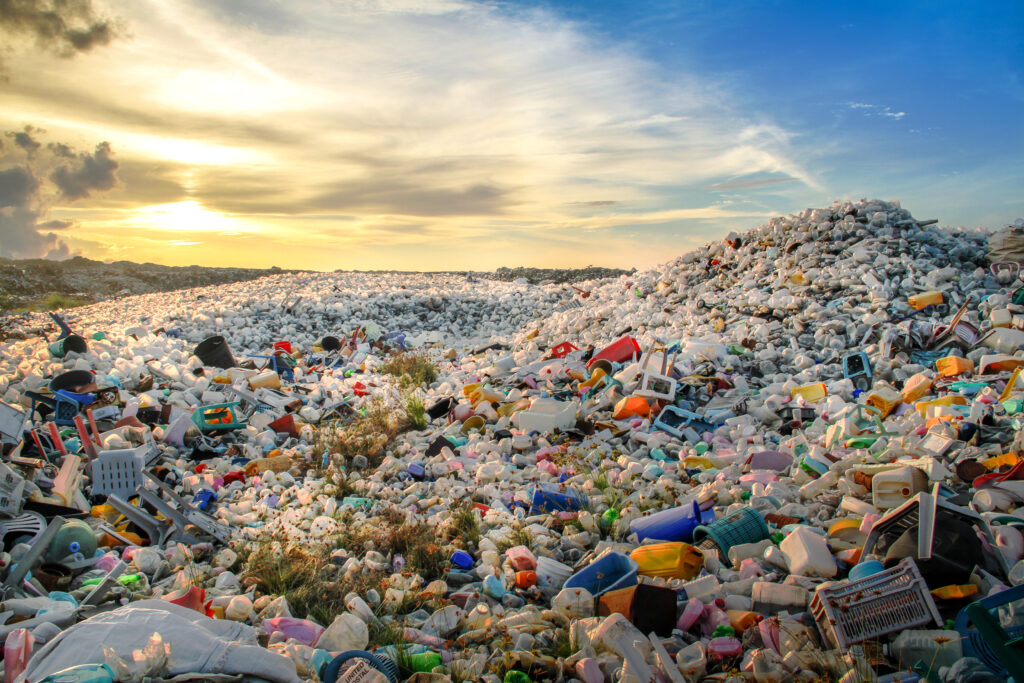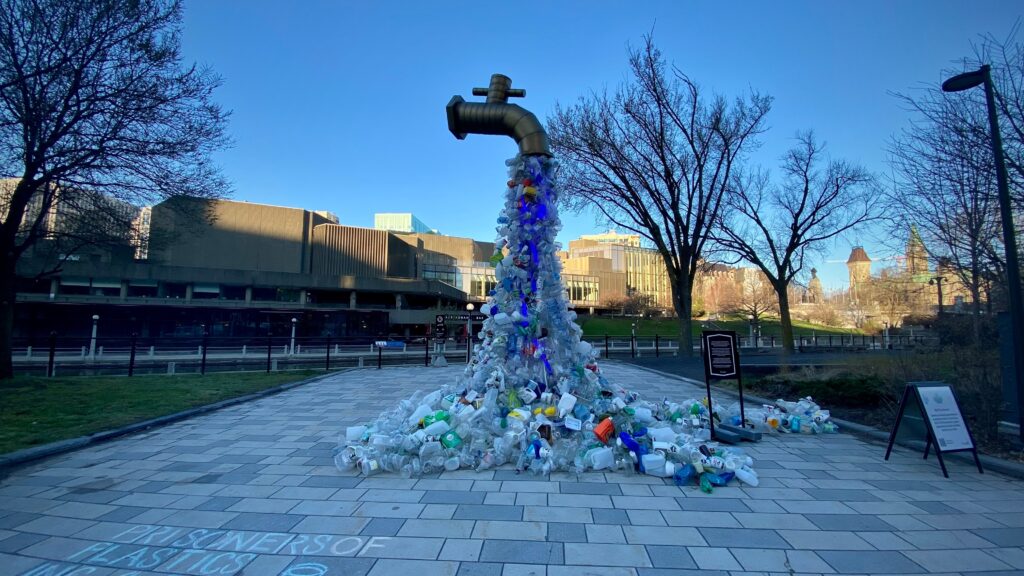As plastic trash continues to pollute bodies of water, damage ecosystems, and threaten human health, governments are increasingly implementing regulations aimed at curbing this growing crisis. But are these laws truly effective in changing the behavior of the plastic industry, or are they simply scratching the surface of the problem? Let’s consider the strengths and weaknesses of local, state, and federal regulations to see if they are having a significant impact.
Meaningful Laws or Feeble Attempts?
Local Efforts: Cities in the U.S. like Washington D.C., San Francisco, and Seattle have been at the forefront of regulating plastic use. Washington D.C. was the first city to implement a tax on plastic bags in 2009. The tax decreased plastic bag consumption by 85%. San Francisco was the first city to ban plastic bags in 2007. Since then, plastic bag pollution has dropped by 72%. Seattle followed in 2012, with a ban that led to a 78% reduction in plastic bag usage. These efforts have significantly decrease plastic bag usage in these communities.
Forward Thinking States: States like California have shown leadership and foresight in passing comprehensive plastic regulation. California SB 54, passed in 2022, aims to reduce single-use plastic packaging 25% by 2032. Objectives include that 100% of single use plastic must be recyclable or compostable and 65% of that must be recycled. cycled. Additionally, as of 2027, plastic producers are required to fund recycling programs and address the environmental impact of plastic pollution, taking the financial burden off consumers and local governments. California, also passed a new law, effective January 1, 2026, banning single-use plastic shopping bags at the grocery store checkout.
Hawai’i was the first state in the nation to ban plastic bags from store checkouts statewide in 2021. Plastic bag bans in New Jersey and Vermont have reduced the number of plastic bags by 5.7 billion a year.
Feeble Federal Action: One of the most significant pieces of recent federal legislation is the Save Our Seas 2.0 Act, passed in 2020. This law aims to reduce marine debris including plastic waste, promote waste management infrastructure, and increase research regarding the environmental and health impacts of plastic waste.
It May be a Case of Too Little Too Late
Limitations of Local Laws: We can’t fault communities for trying. However, while effective in specific regions, local ordinances lack the scope needed to tackle the national and global plastic pollution problem. Humans use 5 trillion plastic bags per year or 160,000 a second! Plastic bag bans have reduced bag use but only by a fraction. Furthermore, they do not address other major sources of plastic waste, such as food packaging and single-use containers. This piecemeal approach allows industries to continue profiting by producing trillions of plastic items and contributing heavily to pollution.
Preemption Playbook: Many states have passed laws that prevent local governments from enacting their own bans or restrictions on single-use plastics. In 2019, Texas passed a bill preempting local ordinances that ban or restrict the sale or use of plastic bags. That same year, Florida enacted legislation prohibiting local governments from regulating plastic straws.
Lobbyists and Loopholes: The plastic giants have been lobbying against legislation that promotes sustainability for decades. Instead, these corporations tout recycling as the magic pill when they know it is not economically or technically feasible. They have also lobbied for the idea that plastic pollution is not the industry’s fault at all, and the onus lies with the “litterbug” consumers. The plastic industry also promotes loopholes in the law, allowing companies to sidestep regulations. In some areas where plastic bag bans have been enacted, the industry found a loophole allowing businesses to switch to thicker plastic bags. These bags pass muster as long as they are labeled as “reusable,” but these often end up as waste after a single use. Because of industry intervention, plastic laws are watered down or fail to get passed at all.
Federal Laws Lack Teeth: While the Save Our Seas 2.0 Act is a positive step, federal laws still fall short in addressing the root causes of plastic pollution. The law focuses on waste management and cleanup rather than reducing plastic production at the source. Furthermore, the current Extended Producer Responsibility (EPR) bill in Congress, aka “Break Free From Plastic Pollution Act of 2023” fails to provide the opportunity for real change. To shift the status quo, regulations need to target plastic manufacturing processes and promote alternatives, but current federal efforts lack the teeth to enforce such shifts. This EPR bill places too much emphasis on recycling as the solution to plastic waste, despite well-documented issues regarding weak recycling markets and limited infrastructure. This law fails to sufficiently address the need to reduce plastic production at the source, which is crucial to tackling the root cause of plastic pollution.
Action Step: Turn Off the Tap
To create meaningful change, regulations must move beyond the local and state level and become more comprehensive, targeting plastic production and promoting sustainable alternatives. To truly hold the plastic industry accountable, consumers, activists, and policymakers must push for more stringent Extended Producer Responsibility laws at the federal level. These laws should compel plastic manufacturers to fund the costs of plastic waste management, reduce plastic production, and promote the development of eco-friendly reuse alternatives. By expanding the scope and enforcement of these regulations, we can create lasting change in the fight against plastic pollution.


